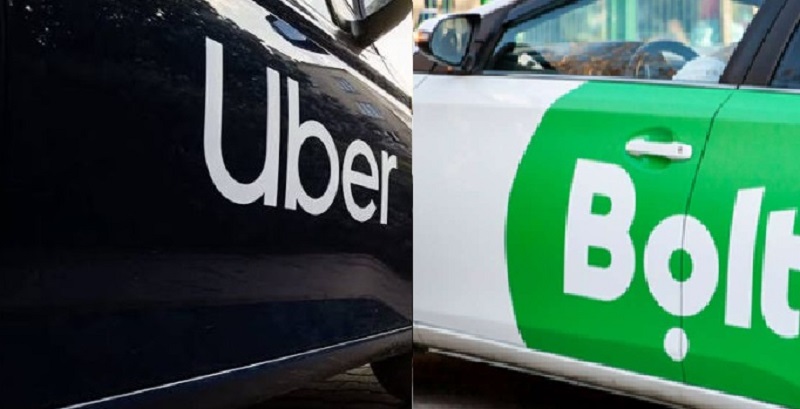The simmering discontent among ride-hailing drivers in Lagos, Nigeria, has erupted into open conflict with global giants like Uber, Bolt, inDrive, and Lagride. Drivers, organized under the Amalgamated Union of App-Based Transporters of Nigeria (AUATON), are demanding fairer treatment and improved working conditions, citing exorbitant commissions, stagnant fares, and escalating safety concerns. Their struggle, punctuated by a disruptive May Day strike that saw thousands of drivers log off their apps, signifies a growing movement against perceived exploitative practices within the gig economy. The union’s planned escalation, including petitions to both national and state legislatures and potential picketing of company offices, underscores their resolve to secure meaningful change.
The core of the drivers’ grievances centers on the commission structure imposed by ride-hailing companies. Currently, these companies deduct up to 30% of each fare, a rate drivers argue is unsustainable, especially given the rising costs of fuel and vehicle maintenance. AUATON is demanding a drastic reduction in commissions to just 5%, arguing that this would allow drivers to earn a livable wage. Furthermore, they are seeking greater autonomy in setting fares, contending that the current system leaves them vulnerable to fluctuating market conditions and prevents them from adequately compensating for rising operational expenses. Beyond financial concerns, drivers are also demanding increased safety measures for both themselves and their passengers, recognizing the inherent risks associated with operating within a largely unregulated industry.
The drivers’ frustration stems from a perceived lack of respect and recognition for their contributions to the ride-hailing ecosystem. They argue that they are treated as expendable commodities rather than valued partners, with their welfare consistently taking a backseat to corporate profits. This sentiment is encapsulated in their declaration, “We’re partners, not slaves,” a powerful statement that highlights their desire for a more equitable and collaborative relationship with the companies they work for. The drivers’ demands for inclusion in corporate decision-making processes further underscores their desire for a more participatory role in shaping the future of the industry.
AUATON’s strategy involves a multi-pronged approach, combining legal action, public demonstrations, and the exploration of alternative platforms. The union has already lodged a petition with Nigeria’s National Assembly and is preparing a similar petition for the Lagos State legislature. These petitions aim to bring their concerns to the attention of lawmakers and push for regulatory interventions that protect the rights and welfare of gig workers. The threatened picketing of company offices serves as a more direct form of pressure, designed to disrupt operations and force the companies to engage with their demands. Perhaps most significantly, the union is exploring the option of migrating en masse to indigenous ride-hailing apps, a move that could significantly disrupt the market dominance of global players.
The emergence of locally developed ride-hailing platforms provides a potential escape route for drivers seeking better terms and conditions. AUATON has identified three existing Nigerian alternatives and is even in the process of developing its own platform, demonstrating a proactive approach to creating a more driver-friendly ecosystem. This shift towards indigenous apps reflects a growing disillusionment with global platforms and a desire to support local businesses that prioritize the needs of their workforce. The success of this strategy hinges on the ability of these local platforms to offer competitive services and attract a sufficient customer base.
The drivers’ struggle in Lagos mirrors similar battles being fought by gig workers around the world. The rise of the gig economy has created a new class of precarious workers who often lack the protections and benefits afforded to traditional employees. The AUATON campaign, with its emphasis on collective action and community mobilization, could serve as a model for gig workers in other countries seeking to improve their working conditions. The outcome of this standoff in Lagos could have significant implications for the future of the gig economy, potentially setting a precedent for greater regulation and worker empowerment within the sector. The drivers’ unwavering resolve, encapsulated in their declaration “We won’t stop until we win,” suggests that their fight for fair treatment is far from over. Their actions are poised to reshape the ride-hailing landscape in Nigeria and potentially influence the global conversation around the rights and welfare of gig workers.


